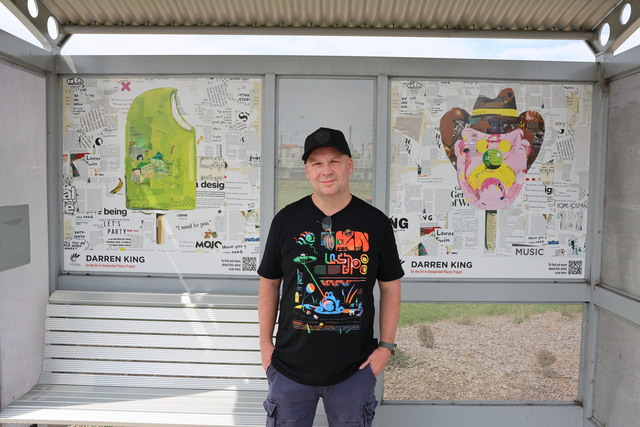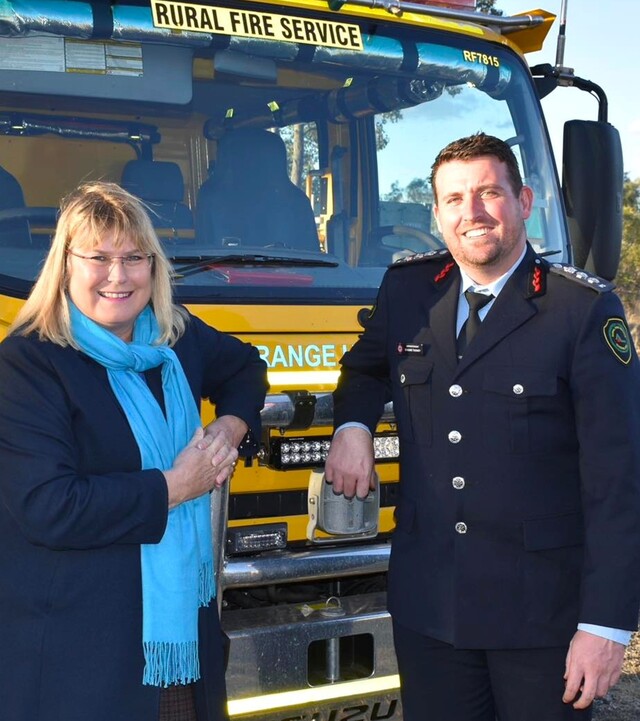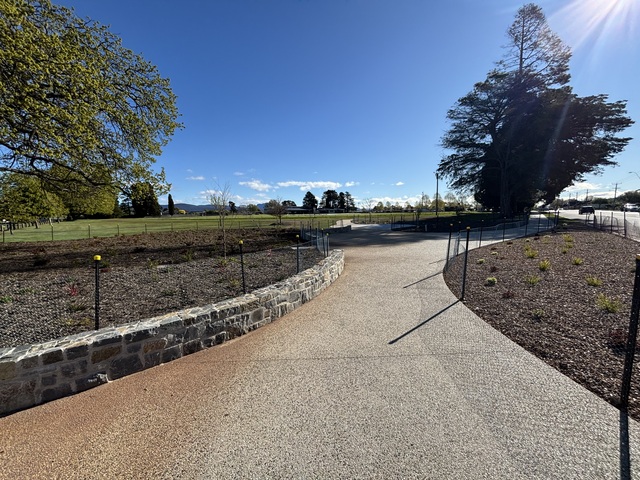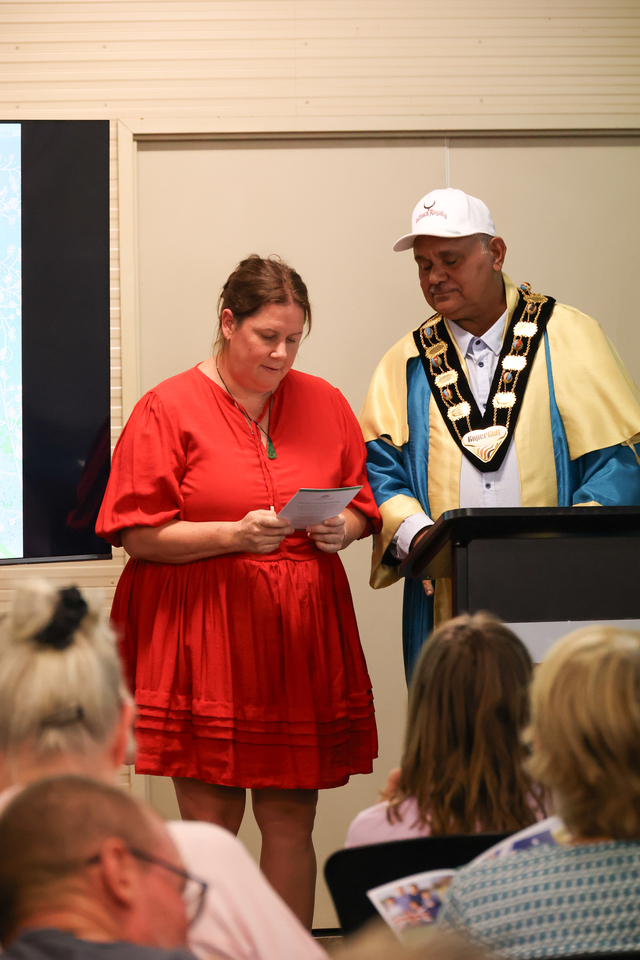As most of those involved in local government would agree, Simon Crean was a dedicated minister who showed a very real commitment to his responsibilities. His work on regional development was explicitly hands on. Much of his time was spent in the communities and talking to the councils directly about issues such as roads and infrastructure, natural disaster, climate change, amongst the many other critical concerns facing regional Australia.
In his role representing local government, Simon Crean was both a firm advocate for councils and the crucial work that they do and for the need for constitutional recognition to secure finance for the vital services councils provide.
There is no doubt that the fall out from the latest bout of leadership shenanigans in the ALP has set back the momentum of the campaign for constitutional recognition to some degree. How much so is yet to be seen, as time ticks on and there is still no firm decision on whether a referendum is going to take place, let alone a statement of bipartisan support from the states and territories.
One small positive to emerge out of the morass is the fact that Anthony Albanese has prior experience handling both portfolios, and his other portfolio — as Minister for Infrastructure and Transport — is closely related in many ways.
The Australian Local Government Association (ALGA) has welcomed Minister Albanese’s appointment to the role, with President Felicity-ann Lewis saying that, “It is important that we meet with Minister Albanese as soon as possible to discuss the current priorities facing the local government sector, including the constitutional recognition of local government.
“Having worked as Minister for Local Government previously, we hope that Minister Albanese will be able to take forward the case for constitutional recognition of local government.”
Once again, the question looms large as to whether there is, in fact, time to run a campaign on constitutional recognition that will guarantee success in September. A number of the state governments are yet to throw their support behind the local government sector and seem unlikely to do so for their own political purposes. A referendum is doomed if it does not have the bipartisan support of the states and territories.
As such, the imminent COAG meeting is sure to be an interesting and heated event, with such a plethora of issues up for discussion that it would seem unlikely that most can be dealt with in any real depth, much less resolved.
The recent events within the Federal Government have made it even more patently clear that councils need to have financial recognition in the Constitution, as a buffer against the vicissitudes of federal politics and the fickle nature of the two-party system.







